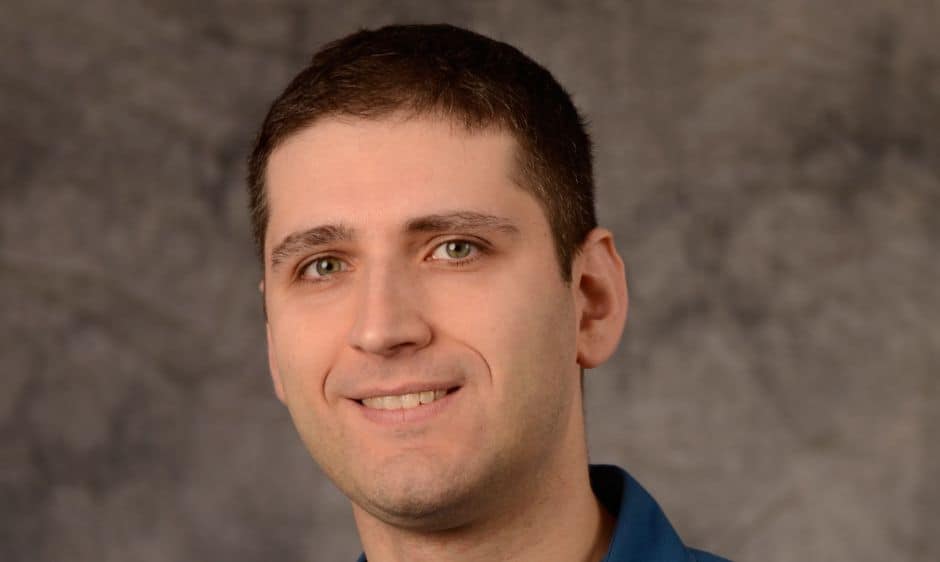Introduction
Rep. Roy Blunt’s Congressional website notes that “while Washington politicians claim they can spend your money better than you can, the federal government continues to fritter away billions of your dollars each year in the form of waste, abuse, mismanagement, and in some cases: outright fraud.” Sounds good. And yet in 2007, Blunt, a Missouri Republican, was the lone member of the Congressional leadership to participate in a controversial method of providing earmarks to those represented by former-staffers-turned lobbyists.
Records show that Rep. Roy Blunt, R-Mo., was involved in a controversial earmarking process when he was the Republican whip in 2007.
Blunt was the Republican whip when Congress passed its 2008 defense appropriations bill, and his actions mirrored the controversial earmarking process used by most members of the House Appropriations Defense Subcommittee.
Last month, the Center exposed the circles of influence between members of the subcommittee, their former staffers who have become lobbyists, and the contractors they represent. The pattern, which we call “The Murtha Method,” works like this: the former staffers become lobbyists for firms seeking earmarks; the Representatives secure earmarks for the companies those lobbyists represent, and the contractors and/or the lobbyists send campaign contributions to those members of Congress.
While PaperTrail did not find any instance of the other members of the House Republican or Democratic leadership engaging in these patterns — indeed neither Republican Leader John Boehner of Ohio nor Blunt’s successor (and then-chief deputy Republican whip) Eric Cantor of Virginia received earmarks in the overall appropriations bill at all — Blunt is a textbook case.
Gregg L. Hartley, an aide to Blunt for 18 years and his chief of staff for much of that time, left Congress in 2003 and joined Cassidy & Associates, a prominent DC lobbying firm. The firm’s website notes that Hartley, its vice chairman and chief operating officer, “is set apart by his ability to provide Cassidy & Associates’ clients with a connection to the House Republican Leadership unsurpassed by any other group or individual in Washington.”
Since 2004, Hartley has been a registered federal lobbyist for EaglePicher Technologies Inc., a Joplin, Missouri-based manufacturer of battery management systems for defense and other purposes. In that capacity, public disclosure records show, he lobbies on the company’s behalf on the annual defense appropriations bill.
Blunt obtained an earmark for $3,920,000 in the 2008 bill for “Advanced Lithium-Carbon Monoflouride Combat Portable Batteries,” according to Taxpayers for Common Sense. And from 2006 to present, Blunt has received $11,783 in campaign contributions from Hartley, according to data provided by the Center for Responsive Politics.
A spokesman for Cassidy & Associates told PaperTrail that the firm’s corporate ethics program includes “a rigorous internal vetting process for all of our clients’ projects” to ensure they can “withstand the highest degree of public scrutiny.” He added that they are “confident that decisions are based on the merits of these projects and nothing more.” Neither Rep. Blunt’s office nor EaglePicher Technologies responded to our inquiries by deadline.
Blunt stepped down as Republican whip at the end of 2008 and is currently a candidate for the open U.S. Senate seat in Missouri.

Join the conversation
Show Comments